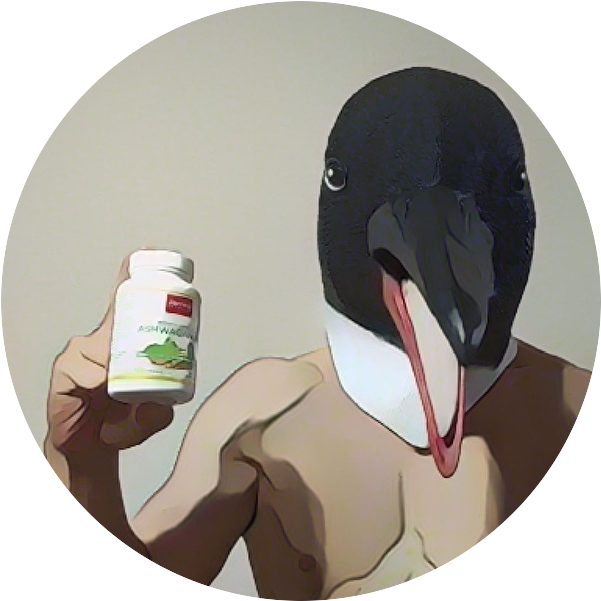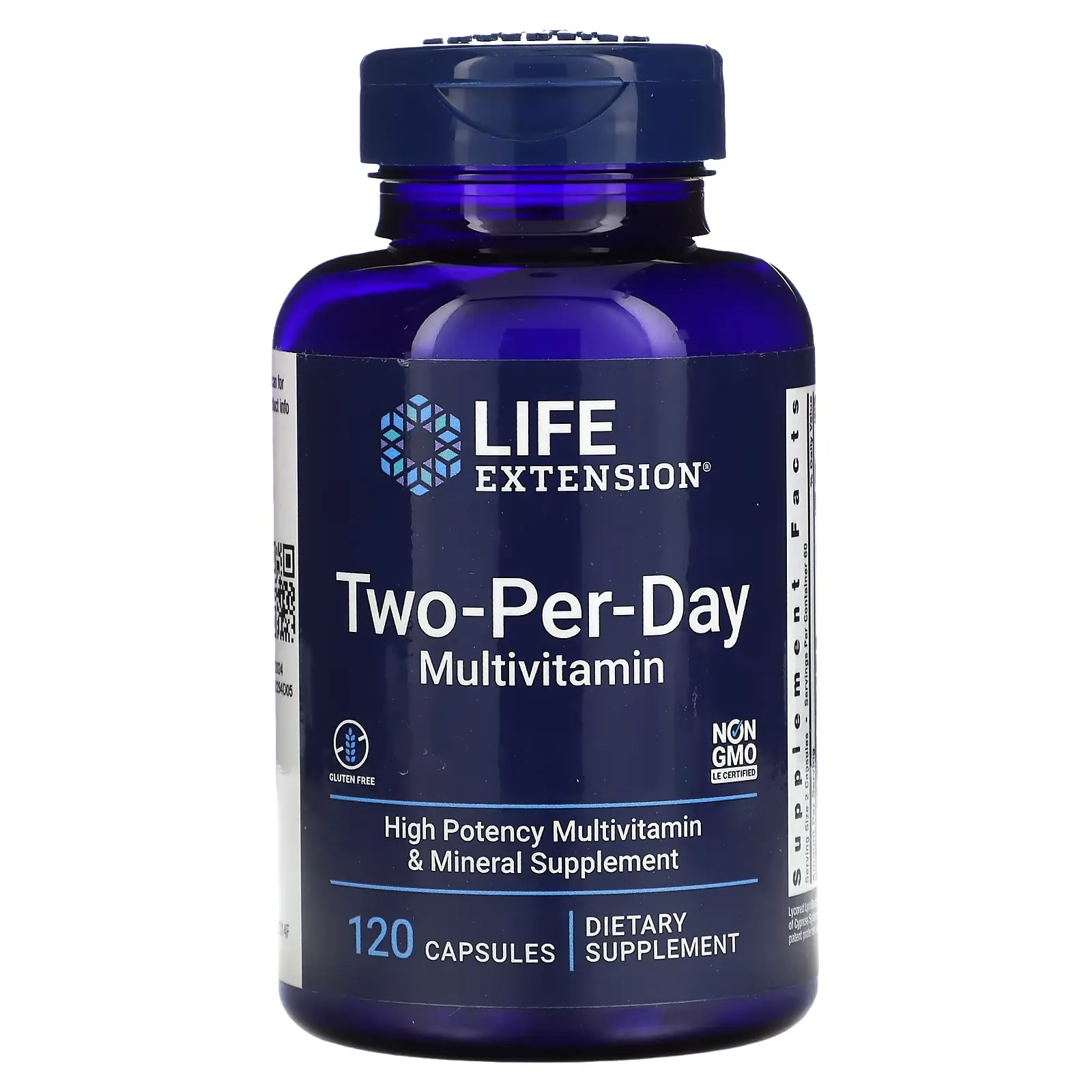Spoilers for this article
- stressThe multifaceted impact of: : Thestressare not just mental problems, but can also cause physical health problems such as heart disease and a weakened immune system. This is an age when these effects can be severely felt, especially with the many pressures and life events in the workforce.
- ashwagandha (type of Indian cactus)Surprising effects of: used in traditional Ayurvedic medicine.ashwagandha (type of Indian cactus)has been the subject of recent studies.stressIts effectiveness as a countermeasure has been scientifically proven. In particularstressIt has been noted for its ability to inhibit the secretion of the hormone cortisol, making it ideal for busy modern people.supplementIt can be said that
- stressA practical approach to coping: Mindfulness and relaxation techniques that can be easily incorporated into daily life.stressCoping strategies are presented. By practicing these methods,stressIt is expected to help mitigate the negative effects of the disease and lead to a more fulfilling daily life.
'Lately, my work and relationshipsstressI'm really overwhelmed by it."
."ashwagandha (type of Indian cactus)I've heard of it, but what does it really do?"
'Easily in everyday lifestressIs there anything I can do to soften the blow?"

This article is for those who are interested in this topic.
Now you are.stressAre you overwhelmed by the
stressis a major challenge for people today and can cause a variety of health problems if not addressed.
This article discusses the ancient tradition ofashwagandha (type of Indian cactus)The latest scientific research shows the power ofstressKnowing how to mitigate thestressHere are some ways to alleviate the
Introduction.
In our daily lives, we are affected by many factors.stressmay be felt.
managerThe 20s and 30s are a time of many overlapping life events, including career, family building, and financial pressures.

In this article,stressThis section will delve deeply into the definition and main causes of
What is stress?
stressisReaction of the body and mind to excessive load or pressureIt is.

stressresponse is the body's natural mechanism for responding to danger or threat,Fight or flight."This is also referred to as the reaction of
This is,When felt in the right amount and at the right time, it is a valid response for survivalIt is.
Factors that cause stress
stressThe following are some of the common causes that are noted, although the cause of the feeling of
Factors that cause stress
- Work pressure: deadlines, excessive expectations, excessive working hours, etc.
- Economic concerns: Financial insecurity and indebtedness
- human relationsInterpersonal problems and family issues
- environmental factorStressors: noise, crowds, traffic jams, etc.
- health problem: illness, injury or chronic disease.
For example, young people in their 20s and 30s are affected by a wide variety of factors, including career development, family establishment, and social pressures.stressIt is believed that many people feel the
Thirtysomethings are "young people". Nice, huh?
Also, in some studies,Excessive use of digital devices and pressure from social networking sitesis also a newstressIt has been cited as a factor.
Impact on physical health
stressis persistent, it is known to have negative effects on various parts of the body.

All generations,stressThe effects of the disease may increase the risk of disease.
Below,stressThis section describes the main effects that the
Increased risk of heart disease and hypertension
stresswill continue,Excessive load on the heartIt has been shown that it takes

This may increase the risk of heart disease.
In particular, thestressOccasionally secretedcortisolhas the effect of increasing blood pressure, and therefore, long-termstressThe risk of hypertension is also increased under
Decreased immune function
stressschool (e.g. of ikebana)Weaken the immune systemIt is considered to be a
Specifically,stressBy increasing the secretion of hormones,impaired white blood cell functionThis may weaken the body's resistance to infectious diseases.

It has been suggested that this not only makes people more susceptible to colds, but also slows their recovery.
Gastrointestinal problems
stressis the digestive systemIt also has an impact on the
In particular, thestressis known to increase the risk of gastrointestinal problems and gastric ulcers when increased stomach acid secretion is caused by

In addition, excessivestressschool (e.g. of ikebana)Overeating and anorexiaand this can cause an increased digestive system load.
Mental Health Impact
stressis not only physical,Mental HealthIt is also known to have a serious impact on

They are particularly susceptible to these influences at times of increased social expectations and pressures.
Below,stressThis section describes the main effects of the following on mental health.
Increased depression and anxiety
stresswill persist, he said,Disturbances in the balance of neurotransmitters in the brainIt has been suggested that

This result,serotoninand ... anddopamineand other hormones, which can lead to depression and anxiety.
In addition, chronicstressis the brain'sReduced function of the "prefrontal cortex."This may be the cause of mood disorders.
Mood swings and agitation
stressImpact of,Mood swings and agitationIt is common to feel the
especiallycortisolThe hypersecretion ofDifficulty in controlling emotionsor excessive reactions.

This may cause them to become easily angered over trivial matters and to experience persistent feelings of anxiety and agitation.
Effect on sleep
stressThis is when the increase inDirectly and indirectlysleepaffectOften.
Good qualitysleepis a source of energy for daily life and is very important for maintaining good health.
Below,stressandsleepThis section describes the main influences on the
Insomnia and poor quality sleep
stressin the brain is increased.Adrenaline andcortisolIncreased secretion ofI will do so.

These hormones areStimulating effect on arousalmakes it difficult to fall asleep at the right time or get a deep sleep.
In addition, the mind may wake up several times during the night or early in the morning, unable to sleep again due to mental worries or thoughts that are not far from the mind.

Such insomnia can be short-lived, with fatigue and(powers of) concentrationand, if continued for a long period of time, may cause a variety of health problems, including decreased immune function and increased risk of heart disease.
Impact on cognitive function
stressThis is when the persistence ofAffects brain and cognitive functionIt has been revealed that

In particular, people in their 20s and 30s undergo many major changes, such as career development and the establishment of families, and cognitive decline during these periods can be a major handicap in daily life and work.
Below,stressThis section describes the main effects of
Decreased memory and concentration
stresscontinues, especially if thehippocampusThe part of the brain called "the brain" is known to be affected.

The hippocampus is involved in forming memories and organizing information, and this region isstressDamage caused by the may make it difficult to remember new information or retrieve information from the past.
In addition, thestressIt's hormonal.cortisolExcessive secretion of(powers of) concentrationDecrease inand disturbances in judgment have been suggested.

This can result in symptoms such as taking longer to complete tasks, making mistakes in simple calculations or tasks, etc.
Skin Effects
stressschool (e.g. of ikebana)It also affects skin health.It is known that
The skin is the outermost large organ of our body, and its condition is said to reflect our physical and mental health.

Skin problems can also affect self-esteem and self-confidence.
Below,stressThe following is a description of the main effects on the skin of
Worsening of acne and skin problems
stresswill persist, he said,In the bodycortisolIncreased secretion ofI will do so.
this (something or someone close to the speaker (including the speaker), or ideas expressed by the speaker)cortisolstimulates the oil glands of the skin,Excessive secretion of sebumIt is known to cause1The following is a list of the most common problems with the

As a result, clogged pores and acne (acne) outbreaks and worsening are more likely to occur.
In addition, thestresshas been suggested to reduce skin barrier function, which can lead to dryness, bacterial invasion, and exacerbation of skin problems such as atopic dermatitis.
Effect on weight and appetite
stressschool (e.g. of ikebana)Affects appetite and weight managementIt has been confirmed that

Due to various factors such as lifestyle changes, work pressures, family establishment, etc.stressincreases the likelihood of affecting weight and appetite.
Below,stressThe following is a description of the main effects of the "Mere Old Man" on body weight and appetite.
Overeating and anorexia
stressOccasionally secretedcortisolisincrease one's appetiteaction.
especiallyFoods high in calories and sugarIt is common for the desire for

This can be thought of as the body's biological response to quickly replenish energy.
Results,overeatingand may lead to weight gain.
On the other hand, some peoplestressWhen you feel therefusing foodmay cause the

This can be attributed to autonomic nervous system disturbances and poor digestive function.
Ongoing anorexia can lead to malnutrition and weight loss.
Behavioral Changes
stresswill persist, he said,Behaviors that are detrimental to health as a way of coping with thisMany people run to the

The time of increased social roles is a time when manystressI am more likely to be exposed to the factors.
stressChoosing unhealthy behaviors as a coping strategy can have a significant impact on subsequent life and health.
Below,stressand related major behavioral changes in detail.
Alcohol or drug abuse
stresswill persist, he said,Turns to alcohol or drugs for a temporary releaseIt is known to increase the number of people.

However, while these substances provide temporary relief, they increase the likelihood of further deterioration of physical health and mental health in the long term.
Tobacco use
stressand Tobaccohas been shown in many studies.

Many of them.stressThey choose to smoke cigarettes for relief, but in reality, although nicotine provides a brief relaxation effect, it increases the risk of subsequent adverse effects on the body and addiction.
Chronicity of stress and its effects
People feel everydaystressis largely short-term in nature.
However, it is not possible to sustainstressIf you continue to feel the "chronicstressand increases the likelihood of a variety of health problems.

Especially for people in their 20s and 30s, there are a wide variety of factors such as career development and changes in family environment.stressThis problem cannot be ignored because the source is likely to face
The following is a list of chronicstressand its impact in detail.
Definition of Chronic Stress
chronicstressis,Sustained and ongoing experiencestressrefers to.
Effects of long-term stress on the body and mind
Effects of long-term stress on the body and mind
- Decreased immune function: Chronicstressweakens the immune response and decreases resistance to infection.
- Risk of cardiovascular disease: Long-termstressmay increase the risk of heart disease and high blood pressure.
- mental health issues: Many mental health problems such as depression, anxiety disorders, agitation, etc. are chronic.stressRelated to.
- Digestive problems: May cause digestive problems, such as gastrointestinal upset or stomach ulcers.
Stress and Hormonal Balance
stressand hormones has received a great deal of attention in recent research.

Especially during times of various life events and changes.stressis deeply susceptible to the effects of hormonal balance.
Below,stresswill explain in detail how the hormones are affected and the resulting physical and psychological effects.
Secretion of cortisol and adrenaline
stressThe body quickly becomesFight or flight."response, and this process releases adrenaline.
cortisolis "stressAlso referred to as "hormones," long-termstressIt acts as a coping mechanism.
Physical and psychological effects of hormonal fluctuations
Physical and psychological effects of hormonal fluctuations
- Decreased immune function: cortisolcontinuous secretion may weaken the function of the immune system.
- Energy Movement: The release of adrenaline causes an instantaneous release of energy, which may result in a faster heart rate and breathing.
- psychological effect: Highcortisollevels are known to cause depression and anxiety. Also,(powers of) concentrationDecrease in and memory impairment have also been reported.
- Appetite fluctuations: cortisolmay stimulate appetite and increase cravings, especially for carbohydrates.
method of dealing with stress
stresshas become an inevitable part of our daily lives.
However, by adopting appropriate coping strategies,stressminimize the impact of the

Below is a list of effectivestressHow to deal with it (intermediate level).
Relaxation Techniques
Relaxation techniques include breathing andmuscleTension and relaxation of the body and mind are released through repeated tension and relaxation of the

By this,parasympathetic nervesis activated and promotes a state of relaxation.
Mindfulness and meditation
Mindfulness is,Present MomentIt is a form of meditation that focuses the mind on the

Through continuous practice, emotional control and(powers of) concentrationimprovement, anxiety andstressReduction of
Ashwagandha intake
ashwagandha (type of Indian cactus)is one of the herbs used in traditional Ayurvedic medicine.

stressIts use as a countermeasure has attracted attention in recent years.
ashwagandha (type of Indian cactus)Origin and traditional use of
ashwagandha (type of Indian cactus)is a plant native to India, North Africa, and the Middle East, and has long beenphysical strengthand ... andhealth maintenanceThe first two were used for the following purposes
stressScientific research on mitigation and its effects
In recent studies,ashwagandha (type of Indian cactus)The intake ofcortisollevel, or to reduce the level of psychologicalstressIt has been shown to be effective in reducing
Recommended intake and precautions
Generally, 300 to 500 mg ofashwagandha (type of Indian cactus)essenceintake is recommended.

However, it is important to seek professional advice, as the appropriate intake may vary depending on the individual's constitution and condition.
Stress relief through exercise and hobbies
Exercise is also a good way to get rid of the endorphins, which are"Happiness Hormones."This has the effect of releasing

This can improve mood andstressReduction of
It is also possible to heal the mind by enjoying hobbies.

By regularly incorporating favorite behaviors,stressaccumulation.
summary

How was it? I would like to conclude by summarizing the contents of this article.
Summary of this article
- stressDefinition of: : Thestressis a physical and mental reaction caused by external factors or internal emotions that can lead to a variety of health problems if not properly addressed.
- stressPhysical effects of: increased risk of heart disease and high blood pressure, decreased immune function, digestive problems, etc.
- stressPsychological Impact of: depression, anxiety, mood swings and agitation.
- sleepand cognitive function, skin, appetite, and behavior.In each of the following,stressis known to have a negative impact.
- chronicstressDangers ofLong-termstresscan have serious effects on physical and mental health.
- hormone balance: : Thestresspromotes the secretion of cortisol and adrenaline, which can lead to a variety of health problems.
- stressapproach: relaxation techniques, mindfulness,ashwagandha (type of Indian cactus)ingestion, and so on.stressIt is possible to mitigate the

That's all for this article. Thank you for reading to the end.
Disclaimer
This site is primarily intended toashwagandha (type of Indian cactus)to provide information about the results of the study and not to provide medical advice.
It is not intended to diagnose, treat, or prevent any specific disease or condition.
Always follow professional advice when using the information on this site.
We also cannot be held responsible for any loss or damage that you may suffer as a result of acting on the basis of the information on this site.
Use of AI in Content Generation
This website uses AI-based automatic generation for some content.
The information generated by this automatic generation is checked against actual references and articles, and great care is taken to ensure accuracy and reliability.
It is also intended to enhance the transparency and credibility of this site by appropriately disclosing content created through automatic generation.
We believe that this site can provide richer and more useful content through automation and AI-based content creation, which will enable us to provide information more quickly and accurately.




